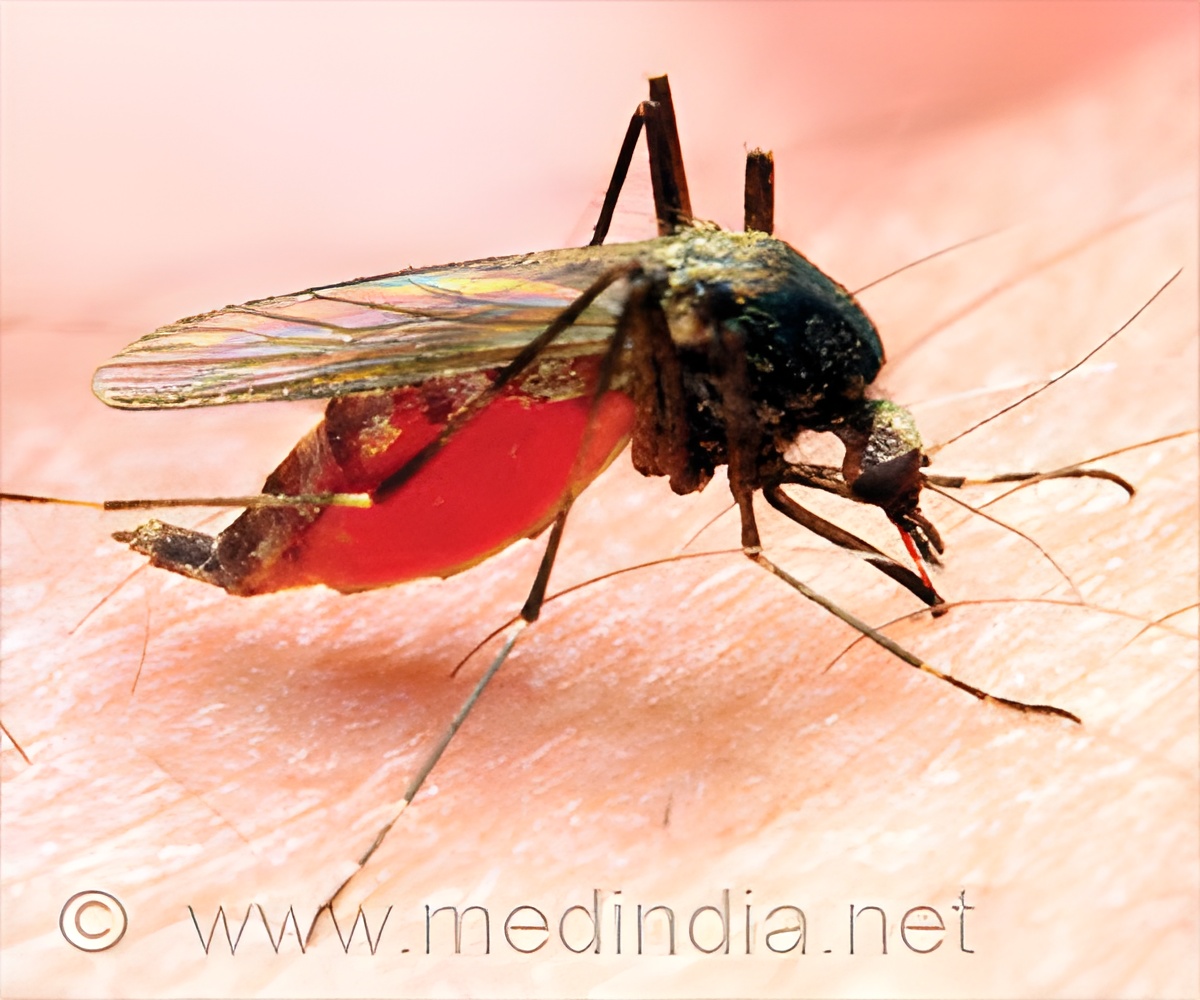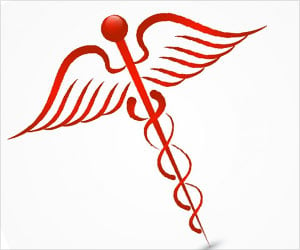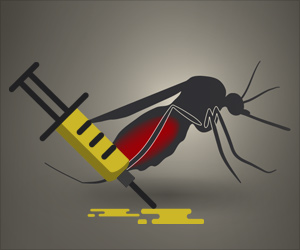Malaria caused by a plasmodium parasite infects human red blood cells. A genetic rearrangement of GYPA and GYPB genes reduces the risk of severe malaria.

More than 200 million people a year are infected with malaria and in 2015 the disease caused the deaths of nearly half a million people worldwide, revealed the research published in the Journal Science.
The study identified a genetic rearrangement of red blood cell glycophorin receptors GYPA and GYPB genes which are unusually common in Africa which confers a 40 percent reduced risk from severe malaria.
"We found some people have a complex rearrangement of GYPA and GYPB genes, forming a hybrid glycophorin, and these people are less likely to develop severe complications of the disease," said Ellen Leffler from the University of Oxford.
Previous studies revealed that glycophorin receptors are located on the surface of red blood cells and are amongst many receptors that bind Plasmodium falciparum but were unknown to be involved in protection against malaria.
"Our discovery that a specific variant of glycophorin invasion receptors can give substantial protection against severe malaria will hopefully inspire further research on exactly how Plasmodium falciparum invade red blood cells," added lead author Dominic Kwiatkowski, Professor at the Wellcome Trust Sanger Institute and University of Oxford.
Advertisement
Advertisement















